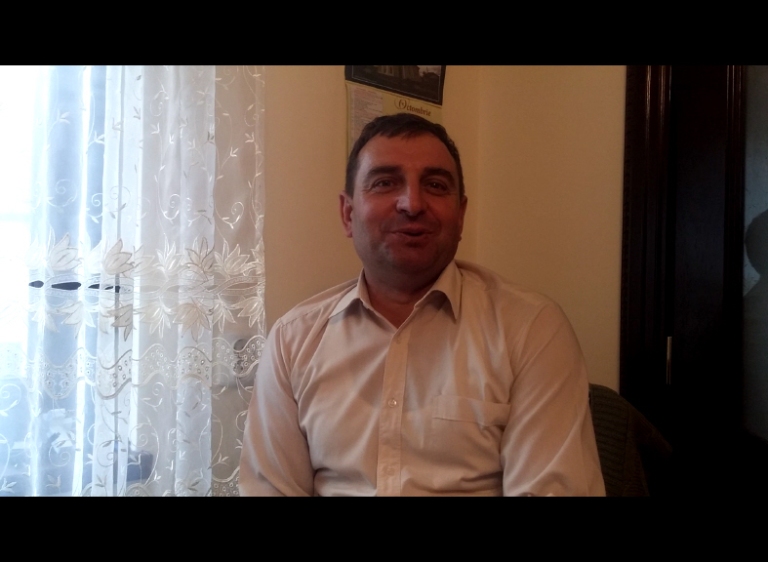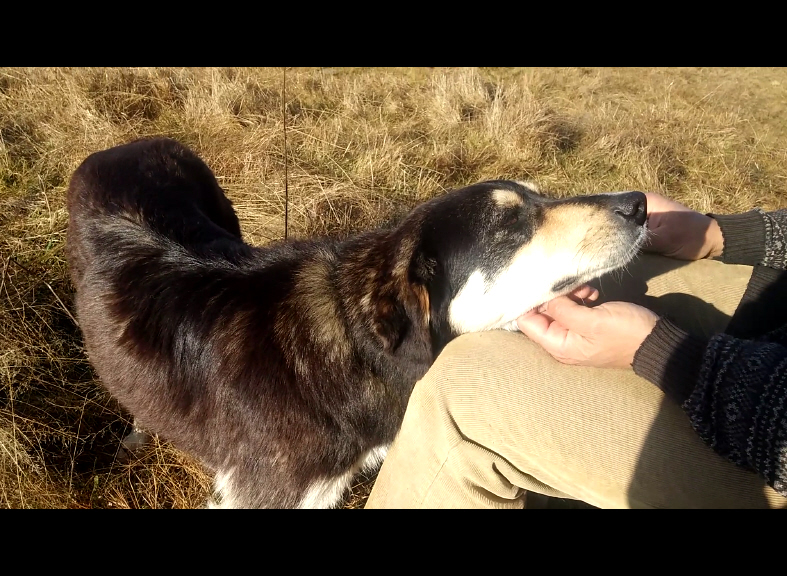All my good intentions about keeping the blog up to date have been blown to bits since I got involved in Cardigan’s community resettlement scheme for Syrian refugees, but here’s a summary of highlights from my last trip to Romania:
Meeting Marcu Jura, Romania’s philosopher shepherd. Marcu is a wonderful phenomenon, as rare as the Unicorn. His background is in academia – a star student, he studied ethnography to doctorate level and worked for one of the country’s most prestigious open air museums, before taking to the shepherd’s life because he could not bear his colleagues’ apathy. He’s now in his mid-30s, married with two children, and has about 150 head of Ţurcana ewes and rams which (apart from occasional trips to ethnographic festivals) he tends every day, from dawn until dusk and often beyond.

His devotion to shepherding has been absolute, but he still finds time to write original and pithy articles for national newspapers, most often the on-line journal, Republica, which is edited by Cristian Tudor Popescu and known for its challenging views. I’d been wanting to meet Marcu for at least a decade. Last November, thanks to his and his wife’s super hospitality, I made it, and spent a couple of days with them in their hamlet near Petroșani. Marcu’s take on the pastoral life combines the spiritual with the practical: he profoundly believes in the benefits of small-scale farming and self-sufficiency, to the soul as well as the body. What fascinated me most were his stories of growing up in the wild, his fearlessness of bears and wolves, his sympathy for his own animals, and his knowledge of mythology and superstition. On the first morning, Marcu invited me to go with him as he grazed his sheep in a neighbour’s field. I asked him if I could record an interview, and once he had brought his sheep into the field, he found an old bench which he placed on the top of a little mound, so we were like the kings of the castle, able to talk to each other and survey the animals in comfort. Gently, sometimes hesitantly, Marcu then started to explain his philosophy of life. As I sat listening to him in the winter sunshine, surrounded by the snow-tipped Părâng Mountains, the silver barked birch forests, and his peacefully grazing sheep and friendly dogs, I fell under a spell. Something of that charm has I hope been caught by my amateurish video clips, which I will be posting as soon as I can find time to edit them. Meanwhile, here is one of them, without subtitles, in which Marcu describes looking after his sheep in close proximity to bears.
The Preda family reunited. One of the reasons I wanted to follow the old shepherding routes to the Caucasus was to see if the Romanian herders had left any traces. Thanks to the book which Toma Lupaș and his friends produced in 2009, we have a lot of information about the families who put roots down in Ukraine, Crimea, and southern Russia during the period of mass migrations from c. 1870 to the First World War. I was lucky enough to be introduced to a few of their descendants who still lived in the Carpathian Mountains’ great sheep-rearing hub, Mărginimea Sibiului.

There are 18 separate communities in this famous shepherding nexus including a village called Tilișca. There the Preda family gave me a copy of a letter sent in 1989 from one of their cousins whose father had settled in Mariupol, by the Sea of Azov. Before then, the Romanian and Ukrainian Predas had not been in contact since the time of Stalin’s purges. A series of happy coincidences, including a chance meeting with a very bright Ukrainian doctor (with whom I worked on a video about the war in the Donbas), meant that I was able to put the two branches in touch again, by letter and telephone at least. In November last year, Pavel Preda and his daughter Monica drove me to Tilișca from Sibiu so that I could look at photographs they had found and fill in more gaps in their family history. What transpired was that the father of the Mariupol-based cousin had been exiled to Kazakhstan for many years. There too he had worked as a shepherd. Pavel Preda and his family were wonderful hosts and I will be posting some of the recordings I made at their house. These threads make up part of the narrative in the book I’m working on. Its working title is Carpathian Sheep Walk.
Before flying home from Cluj, I caught up with an old friend and Slow Food advocate, Marta Pozsonyi. Marta used to run a whole-food cafe in the nearby (and unfortunately named) town of Turda. A place for students and counter-culture enthusiasts as well as those who loved real beer and fresh currant juice, it didn’t catch on and has closed. In the meantime, Cluj has come into its own as a place where exciting unconventional ideas can flourish – Transylvania’s Berlin, some say – and Marta has tapped into that dynamism by helping to organise Combat Food Waste festivals. Luckily one was happening on the day before I left, so I went along. It was held in a converted paintbrush factory which has become a popular venue for student happenings, film screenings and way-out music and dance sessions. For several hours, the hall where the festival was going to take place steadily filled with stuff to eat. Volunteers had collected mountains of fruit and veg, all of it rescued from death by tipping. Under Marta’s calm direction, they then began to prepare it, creating soups and salads and puddings and cakes and all kinds of deliciousness, for everyone to indulge in while feeling ever so daring and virtuous. There were speeches and presentations and dancing and laughter and such a feeling of kindness and can-save-the-planetitude that I became quite euphoric. Romania often has such a bad press that it was even more wonderful to be there as this tremendous counteraction got under way, fuelled by the coming together of students from Romania and abroad, Romanian returners (those who went abroad for work or simply to gain a wider experience of the world), new entrepreneurs, both Romanian and foreign, who have seen the socialist light (can this be true?). Down the road in Bucharest we would shortly be seeing mass demonstrations against the newly-elected government, as wave after wave of new optimism and good convictions broke on the shores of the old negativities, the corruption, the no-can-do-ness which has beaten Romania back so often in the past.
At that old paintbrush factory in Cluj, I talked to loads of great people, and, in heady competition with a professional crew from good old Pro.tv, made a few interviews (of which more later, I hope). One of the most interesting was with a native of Cluj who runs a kind of community hotel where clients pay by contributing something other than money. To find all this going on in Romania shouldn’t have been a surprise, but it was. A very pleasant one.
Postscript
In May last year I went to Dorohoi in north-east Romania. My trip wasn’t connected to shepherding but this is a link to a film I made about a group of charities which are helping homeless people there to survive.
